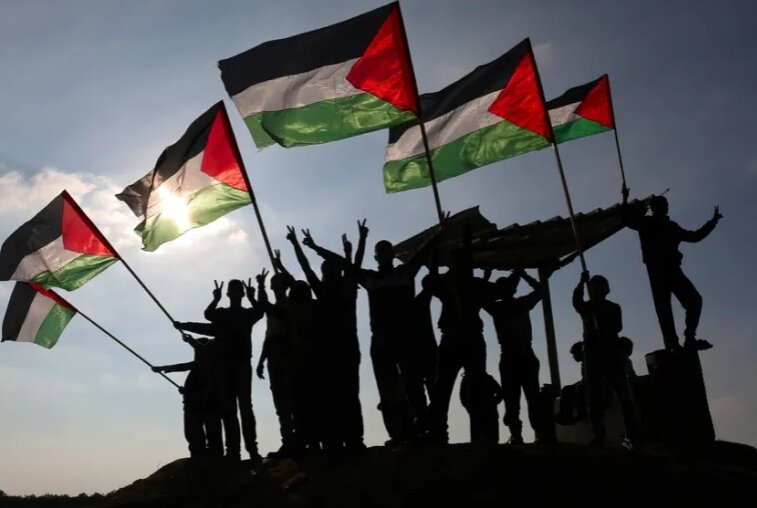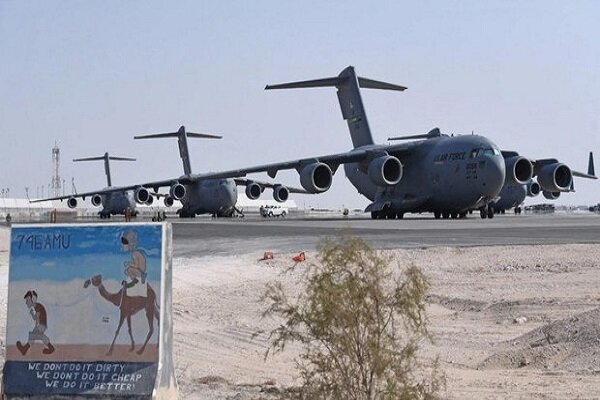77 Years of Resilience: Commemorating the Ongoing Fight Against the Nakba
In the realm of history, the Arab-Israeli conflict represents a significant and complex narrative, with the 1948 war—often referred to as the Nakba—serving as a pivotal moment. This conflict not only led to the establishment of the State of Israel but also initiated a profound humanitarian tragedy for the Palestinian population, with implications that continue to affect the political and social landscape of the Middle East today.
The origins of this multifaceted conflict can be traced back to the 19th century, coinciding with the rise of the Zionist movement. This movement aimed to create a national homeland for Jewish people in Palestine, leveraging a variety of historical and religious claims while benefiting from considerable support from Western powers, particularly Britain and the United States.
Key events that shaped this narrative include:
- The Balfour Declaration of 1917, which significantly bolstered the Zionist cause.
- The British Mandate over Palestine (1920-1948), which facilitated Jewish immigration and land acquisition.
- The emergence of organized Zionist groups, such as the Haganah and Irgun, which established military capabilities leading up to 1948.
During the British Mandate, Zionist organizations effectively transformed their settlements into robust military centers, establishing a significant presence that would play a critical role in the eventual founding of Israel. This military build-up was strategic, focusing on areas close to borders with neighboring Arab nations like Jordan, Egypt, and Syria, thereby securing advantageous positions for future conflicts.
In contrast, the Arab response to the growing Jewish settlements was hampered by:
- Internal divisions within the Arab community.
- A lack of cohesive strategy and organization.
- Reliance on the hope that British attitudes would shift in favor of Arab interests.
As the British Mandate neared its conclusion, Zionist groups had established a formidable military structure, with the Haganah alone consisting of over 100,000 fighters equipped through international support. Meanwhile, the Arab armies entering the conflict in 1948 faced significant challenges, including poor organization and a lack of coherent objectives, which ultimately led to their disadvantage on the battlefield.
When the State of Israel was declared on May 15, 1948, the ensuing conflict revealed the depth of these challenges. Despite the mobilization of Arab armies from Egypt, Jordan, Iraq, Syria, and Lebanon, they struggled with coordination and strategic clarity. Notably:
- The Jordanian army, under British command, maintained control over critical territories.
- The Iraqi forces achieved some success in specific battles but lacked sustained political support.
- The Egyptian military faced significant operational flaws, leading to heavy losses.
The Israeli leadership, particularly under David Ben-Gurion, capitalized on these shortcomings, enhancing military capabilities during ceasefires and securing arms from international allies. This strategic acumen allowed Israel to gain the upper hand, leading to decisive victories throughout the conflict.
Western support for the Zionist project was substantial, with countries like Britain and the United States providing not only military aid but also political backing. This dynamic facilitated the 1947 UN Partition Plan, contrasting sharply with the Arab states’ inability to counter such initiatives effectively. By the war’s conclusion, Israel had gained control over approximately 78% of historic Palestine, resulting in the displacement of hundreds of thousands of Palestinians—a tragedy that has come to be known as the Nakba.
This series of events has left an indelible mark on Arab and Palestinian memory, emphasizing the disparity in military and political organization between the two sides. The war demonstrated that military might alone is inadequate for achieving victory without a cohesive political and strategic vision.
The ramifications of the 1948 war continue to resonate, underscoring the need for a reevaluation of strategies among Arab states. A military solution, as history has shown, is insufficient to further the Palestinian cause, particularly given the enduring Western support for Israel. A comprehensive, coordinated Arab approach is essential, emphasizing:
- The creation of a unified Arab stance on key issues like Jerusalem and the right of return.
- Enhancing diplomatic efforts in major international forums.
- Building new alliances with emerging global powers to shift the current balance of support.
Domestically, the Palestinian cause must focus on fostering unity between the West Bank and Gaza Strip, addressing internal divisions that have historically weakened their position. Arab states can play a crucial role in this reconciliation, offering both political support and fostering economic development.
Furthermore, the struggle against the Israeli narrative in international media highlights the need for improved cultural and media diplomacy. Investing in robust media platforms to present the Palestinian narrative effectively will be vital in countering misinformation and garnering global support.
Ultimately, transforming the memory of the Nakba requires a long-term strategy that builds strength and resilience among Palestinians and Arabs alike. By developing integrated economic, political, and military capabilities, the Arab world can shift from a position of vulnerability to one of strength, paving the way for just resolutions to the ongoing conflict.
Through these efforts, Arab states can not only support the Palestinian cause but also enhance their own international standing, ultimately contributing to a more stable and just Middle East.
By Mostafa Kamal






